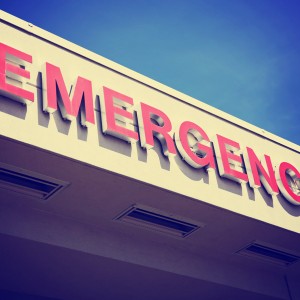Prompted by the rapid growth of acute unscheduled care around the world, a survey sponsored by Philips, health technology global leader, looked at the use of emergency departments across seven countries to determine the demands on acute care providers as well as care decision making and care delivery.
The research study was conducted by the George Washington University School of Medicine and Health Sciences. The seven countries compares with regards to acute unscheduled care were:
- Australia
- Canada
- Germany
- The Netherlands
- Switzerland
- The United States
- The United Kingdom

The report, titled ‘Acute unscheduled care in seven developed nations: a cross-country comparison’ found that the United States had the highest spend per capita and was a top performer in terms of lower 30-day mortality rates and readmissions. Under the Patient Protection and Affordable Care Act, US hospitals face financial penalties if patients are readmitted to hospital so this may be a reason for reduced readmission rates in that country.
However, Australia and Germany have the lowest ED use at 22%, with Canada the highest at 41%. The relatively low ED use in Australia and Germany is likely to be due to patients being able to access primary care, typically through visiting a General Practitioner, on the same day. 58% of Australians were able to make same day or next-day appointments with their GP and in Germany three quarters of patients were able to do so.
In addition to finding that better access to primary care can result in lower ED use, key findings from the reports are that smoking, violence, substance abuse, poverty and poor diet have an impact on the use of Emergency Departments. Low levels of health insurance also results in poorer population health which in turn places a greater strain on EDs. Additional, the research looked at how people make choices about whether to seek medical care in specific settings and found that unwell patients to make inefficient decisions about where and when to seek care.
There is a great deal of variation in how emergency care is managed and delivered around the world. The report suggests mandatory provider training for effective delivery of acute unscheduled care, and that quality measures in Emergency Departments be standardised. By releasing the paper, Philips hopes to increase dialogue between healthcare systems and providers to improve emergency care delivery and quality.
